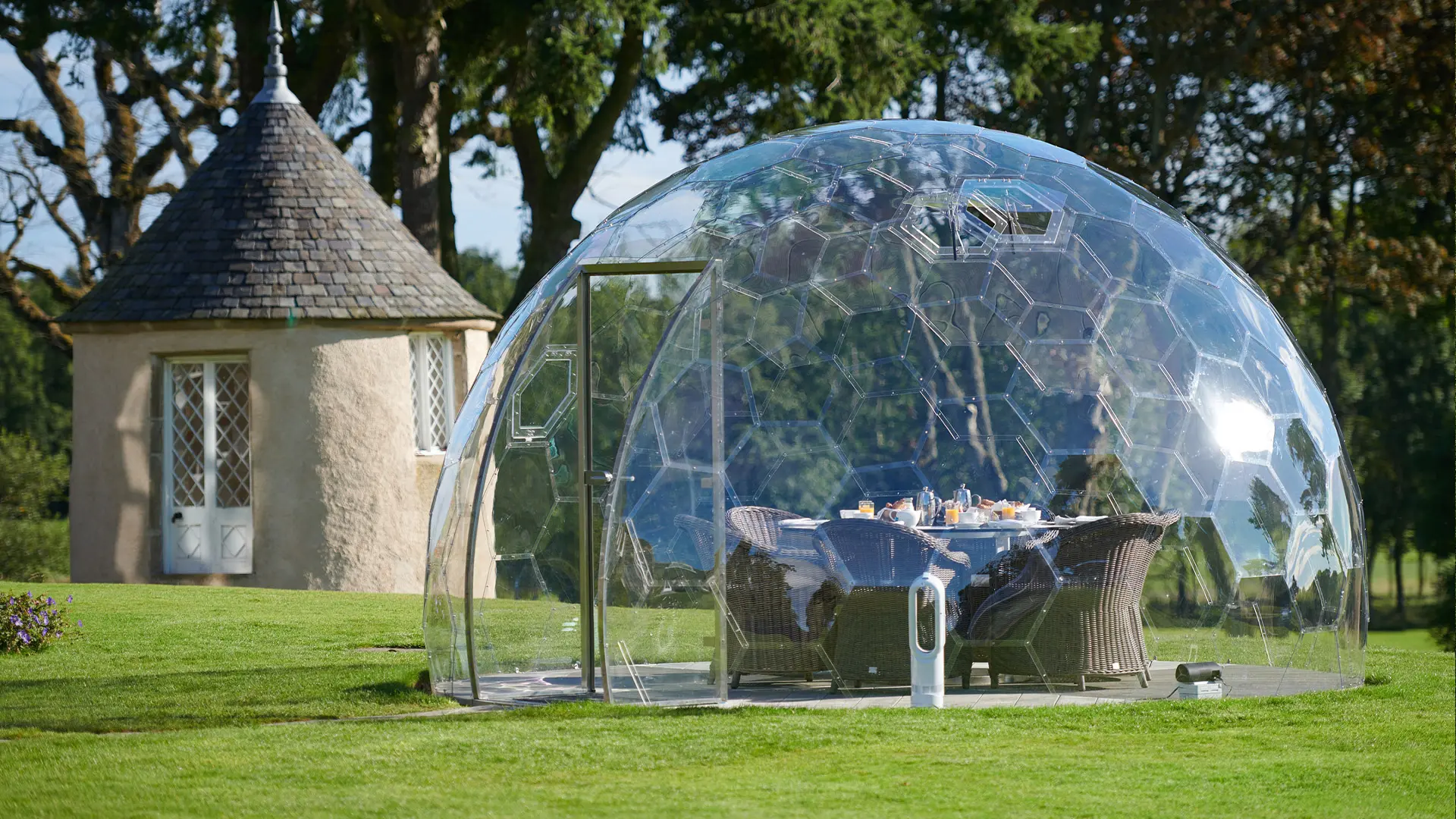Just how important are loyalty programs to hotels? According to Deloitte, roughly 18% of frequent travellers become loyal to a hotel brand primarily because of its rewards program. The Center for Hospitality Research at Cornell University found that customers who belong to a hotel’s program contribute 50% more revenue to a hotel chain than those who don’t.
Faced with the challenge of disruptive third-party peer-to-peer rental sites, such as Airbnb, the hotel industry is fighting back by upping its game with new technology, apps, mobile capabilities and convenience. Some are also finding value in uniting properties under a single brand umbrella to increase cross-selling opportunities and leverage brand recognition. For example, InterContinental Hotels Group—operator of brands including Crowne Plaza, Holiday Inn and Staybridge Suites—found that IHG Rewards Club members who stay at two sister brands will average more than three times more room nights in the future.
Hotel loyalty programs have been around since the early 1980s and were developed by large hotel chains to ensure guest retention and to encourage active purchases. However, in recent years, some experts in the tourism and hospitality industry have started to question the value of loyalty programs for hotels. Critics of loyalty programs point to the fact that it costs hotels somewhere between 1% and 5% of room revenue to create, promote, and operate a loyalty program.
So do loyalty programs benefit hotels or are they a waste of time and money? The Centre for Hospitality Research carried a study of 50,000 hotels in North America over two years to determine if hotel loyalty programs were worth the time and money hotels spend on them.
The study found that once a guest signed up to a hotel’s loyalty program, the frequency of stays booked by a guest at that hotel rose on average by 49%. The study also found that loyalty programs accounted for a 57% rise in bedroom revenue.
The authors of the report wrote, “Hotels in the study are seeing a substantial revenue increase when their guests enroll in a properly conceived and executed program.” The authors went on to write, “Loyalty programs can and do deliver positive results in terms of revenue, stay frequency, and guests spending.”
Loyalty programs also provide hotels with a wealth of information on their guests. Hotels that operate a loyalty program have insight into who their guests are, what they like, and where they are from. All this valuable information can be used by hotels to create laser-focused marketing campaigns for various kinds of guests.
Get in touch for a demo and to find out more about how to reward and engage with your customers.



